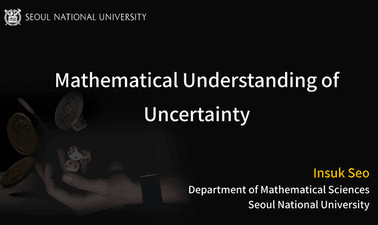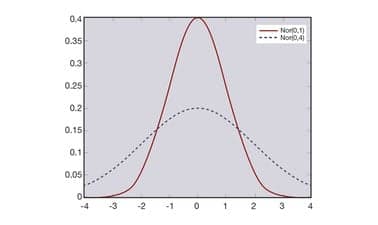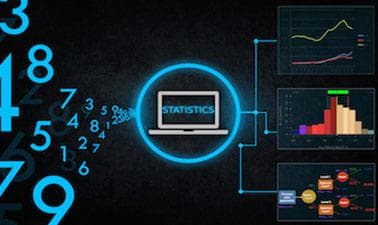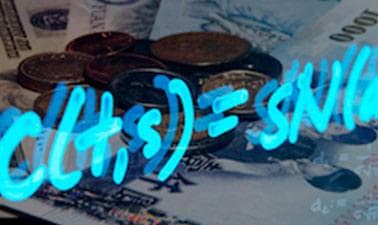MITx: Probability - The Science of Uncertainty and Data
Build foundational knowledge of data science with this introduction to probabilistic models, including random processes and the basic elements of statistical inference -- Part of the MITx MicroMasters program in Statistics and Data Science.

- Certification
- Certificate of completion
- Duration
- 16 weeks
- Price Value
- $ 300
- Difficulty Level
- Advanced









